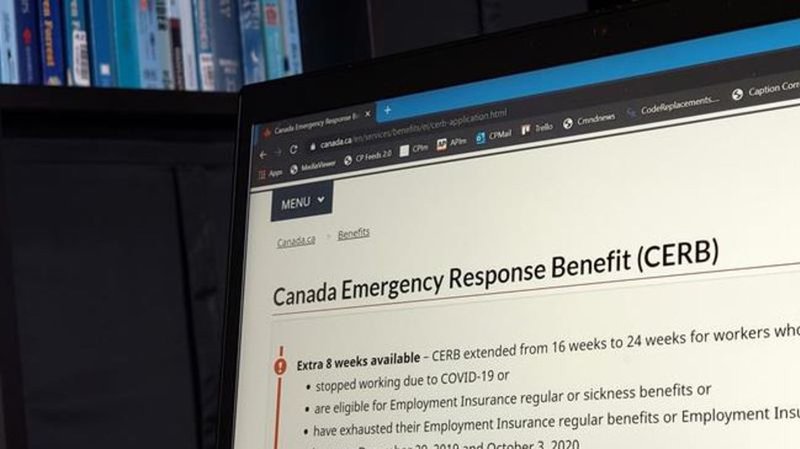
Receipt of seniors’ income supplement hinged partly on what agency handled their CERB
OTTAWA — An internal government document is shining a light on how low-income seniors were abruptly cut off from monthly federal payments based on which bureaucratic body handled their emergency benefits last year.
A departmental directive from Service Canada, obtained by The Canadian Press, elaborates on how the Canada Emergency Response Benefit was in fact two programs portrayed as one for simplicity of communication, though they had different criteria.
One stream — processed by the Canada Revenue Agency — was for recipients whose income was considered uninsurable, such as self-employed Canadians, while the other stream — delivered by Service Canada — was for those with insurable earnings. The former meant relief benefits would be deducted from low-income seniors’ guaranteed income supplement (GIS), while the latter did not.
Pandemic benefits for those in the second camp “can be excluded from their income amount when applying for GIS,” the directive states.


